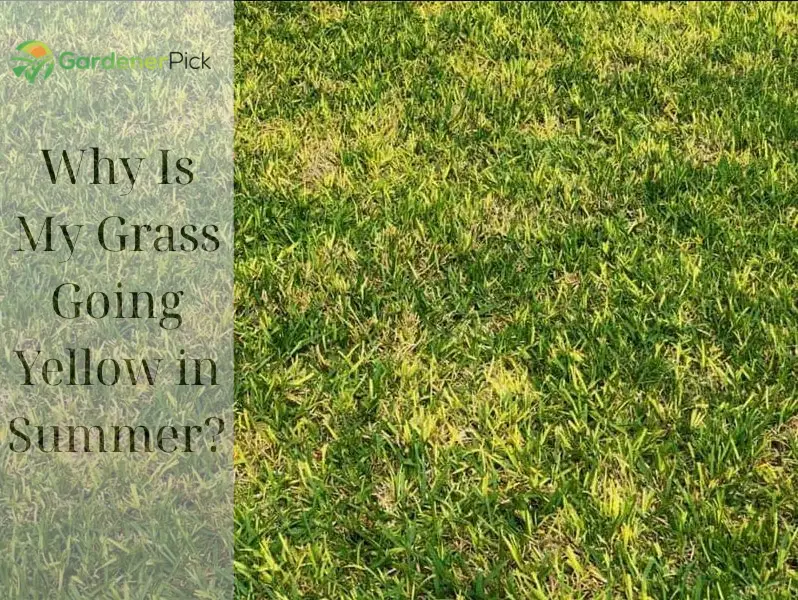A vibrant green lawn is the pride of many homeowners, but the scorching summer heat can turn that lush carpet into a patchy yellow eyesore. Understanding the causes behind this seasonal discoloration and implementing effective lawn care practices can help you maintain a healthy, green lawn all summer long.
Common Causes of Yellowing Grass in Summer
1. Drought Stress
High temperatures and prolonged periods without rain can lead to drought stress, causing grass to lose its vibrant color. When grass doesn’t receive enough water, it conserves resources by entering a dormant state, turning yellow or brown.
2. Improper Watering Practices
Watering too infrequently or at the wrong times can exacerbate drought stress. Shallow, frequent watering encourages shallow root systems, making grass more susceptible to heat and drought.
3. Over-Fertilization
Applying too much fertilizer, especially during hot weather, can burn grass blades, leading to yellowing. Excessive nitrogen can also disrupt the soil’s nutrient balance.
4. Nutrient Deficiencies
A lack of essential nutrients like nitrogen, iron, or magnesium can cause grass to yellow. These deficiencies often result from poor soil conditions or imbalanced fertilization.
5. Mowing Too Short
Cutting grass too short, known as scalping, exposes the soil to direct sunlight, increasing evaporation and stressing the grass. Short grass blades also have less surface area for photosynthesis, weakening the plant.
6. Pest Infestations and Diseases
Insects like grubs and chinch bugs feed on grass roots, while fungal diseases thrive in hot, humid conditions, both leading to yellow or brown patches.
Tips to Keep Your Lawn Green During Summer
1. Water Deeply and Infrequently
Aim to water your lawn deeply 1-2 times per week, providing about 1 inch of water each time. This encourages deep root growth, making grass more drought-resistant. The best time to water is early morning (between 6 AM and 10 AM) to reduce evaporation.
2. Adjust Mowing Height
Set your mower to a higher setting, leaving grass blades about 3 inches tall. Longer blades shade the soil, reducing moisture loss and promoting deeper roots. Ensure mower blades are sharp to prevent tearing grass, which can lead to disease.
3. Fertilize Appropriately
Use a balanced, slow-release fertilizer suitable for summer application. Avoid fertilizing during peak heat to prevent burning. Consider organic options like compost or Epsom salt (magnesium sulfate) to address specific nutrient deficiencies.
4. Aerate the Soil
Aerating your lawn alleviates soil compaction, improving water and nutrient absorption. This process involves removing small plugs of soil, allowing roots to breathe and grow more effectively.
5. Monitor and Control Pests
Regularly inspect your lawn for signs of pests or diseases. If you notice irregular yellow patches or thinning grass, consult with a lawn care professional to identify and treat the issue promptly.
6. Mulch Grass Clippings
Leaving grass clippings on the lawn after mowing returns nutrients to the soil and helps retain moisture. This practice, known as grasscycling, reduces the need for additional fertilizers.
7. Limit Foot Traffic
Avoid heavy foot traffic on your lawn during extreme heat, as stressed grass is more susceptible to damage. If necessary, create designated pathways to minimize wear.
Conclusion
Yellowing grass during summer is a common challenge, but with proper care and attention, you can maintain a lush, green lawn. By understanding the causes of discoloration and implementing these practical tips, your lawn can thrive even under the summer sun.
For a visual guide on maintaining a green lawn during summer, check out this helpful video:

